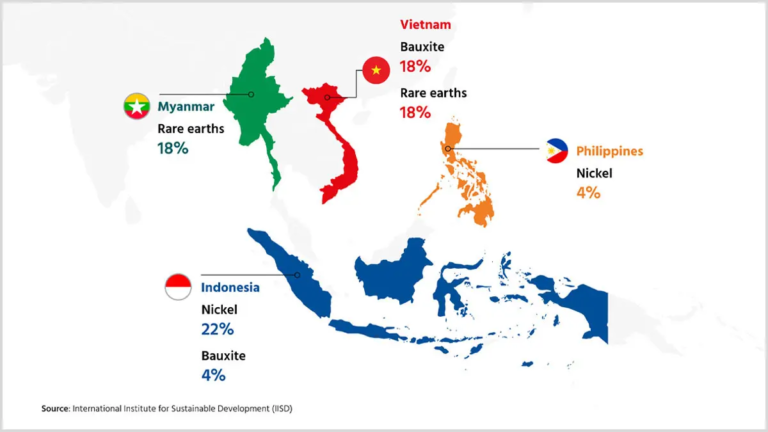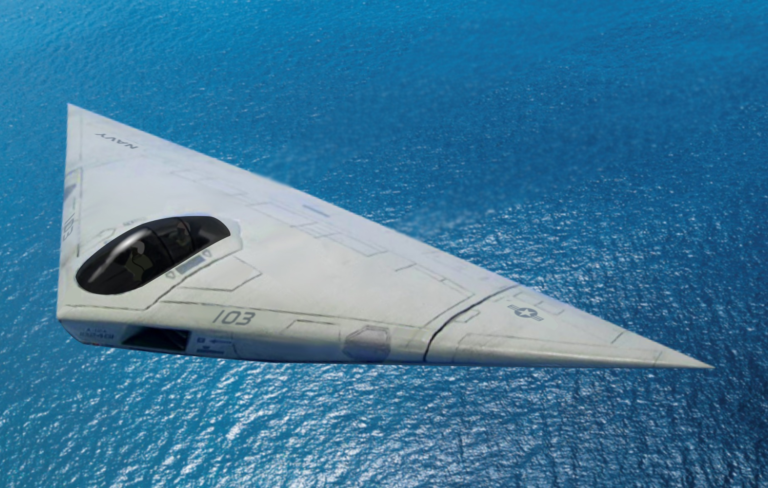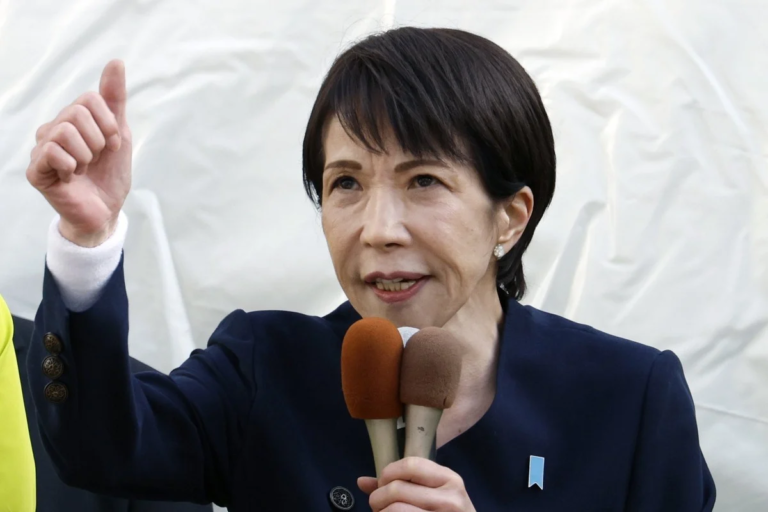
A former officer in China’s People’s Liberation Army (PLA) who witnessed the aftermath of the 1989 Tiananmen Square massacre has warned that Taiwan could face a similar fate if China attempts to unify the country by force.
Li Xiaoming (李曉明), who was deployed to Beijing as a junior officer during the crackdown, said Taiwanese people should study the massacre carefully, because it offers a glimpse of what Beijing is willing to do to suppress dissent.
“What happened in Tiananmen Square could happen in Taiwan too,” Li told CNA in a May 22 interview, ahead of the massacre’s 36th anniversary.
“If Taiwanese students or young people were to take to the streets in protest, the CCP (Chinese Communist Party) could respond the same way it did on June 4, 1989 — with tanks and machine guns.”
The crackdown
The Tiananmen Square massacre took place on the night of June 3 and continued into the early hours of June 4, 1989, after weeks of peaceful student-led protests calling for democratic reforms, media freedom and free speech, and other demands.
The Chinese military moved in with tanks and live ammunition to clear the square, killing hundreds — possibly thousands — of unarmed civilians, according to declassified U.S. government documents.
Despite shocking the world, what happened remains a taboo topic in China.
At the time, Li was stationed in northeastern China as head of a radar station under the PLA’s 39th Army Corps, a year after graduating from a military academy. On May 20, his unit was ordered to deploy to Beijing to protect foreign embassies near the square.
“The purpose of looking back is to ensure such tragic events never happen again.”
As one of the PLA’s elite units, Li’s troops were expected to be among the first to enter Tiananmen and carry out what was described as an “evacuation mission.” But on the night of June 3, their commander Xu Feng (許峰) conducted reconnaissance in the capital and returned saying he had witnessed soldiers firing at protesters.
Li believes Xu had a crisis of conscience and deliberately delayed the unit’s advance. As a result, they remained on the outskirts of Beijing and did not participate in the main assault.
When Li and his fellow soldiers finally entered the square on the morning of June 5, they saw no bodies – only piles of trash, bloodstained clothing, pants with bullet holes and tank tracks.
Breaking the silence
Li, now 61, said he felt compelled to speak out because the Tiananmen massacre was not only a pivotal moment in China’s history, but a warning to the world. “As a member of the Chinese military, I feel I have both the right and the responsibility to tell the truth about what happened,” he said.
Many former protesters and civilians have shared their stories over the years, but Li said he remains the only former PLA soldier to have spoken out publicly.
After receiving asylum in the early 2000s, Li became an Australian citizen. He first shared his account at a 2002 event in New York organized by the NGO Human Rights in China.
“A lot of former student protesters have spoken out. But so far, I’m the only former soldier to do the same,” he said.
A censored memory
Although footage of the massacre was widely broadcast at the time, discussion of it is tightly restricted in China. Li said it was understandable that people inside China may be unaware of what happened, given the country’s strict censorship and lack of access to independent information.
What troubles him more, he said, are overseas Chinese who know the facts but continue to defend the CCP’s actions.
“Having different political opinions is normal in a democracy,” Li said. “But in the face of facts, if you can see the truth and still praise or defend the CCP’s brutal crackdown, then I think you lack humanity — worse than an animal. That is my personal view.”
He said the Chinese leadership drew critical lessons from Tiananmen: to maintain absolute control of the military and to suppress perceived threats before they grow.
“The regime realized that as long as it controls the military, it can protect itself,” Li said. “That’s why China now spends more on domestic ‘stability maintenance’ than on national defense.”
A warning for Taiwan
Li visited Taiwan in 2019 to attend a memorial event marking the 30th anniversary of the massacre, where he met then-President Tsai Ing-wen (蔡英文). He praised Tsai and her administration for bringing international attention to Taiwan’s security challenges.
“We need to bring the Taiwan issue to the world stage,” he said. “Only by internationalizing it can Taiwan’s security be assured.”
Asked why Taiwanese people should care about the massacre, Li said the events of June 1989 are not just part of Chinese history — they are a potential preview of what could happen in Taiwan’s future.
The threat Taiwan faces from China is no longer just rhetoric — it’s now backed by military force, Li said, warning that if China unifies Taiwan by force or other means, it would impose the same authoritarian rules on the island.




